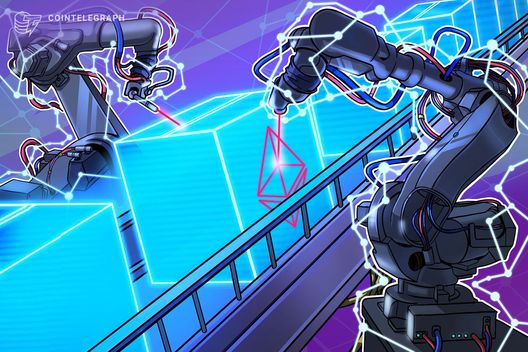Brazil election goes to second round after Bolsonaro closes gap on Lula
3 min readBrazil’s president Jair Bolsonaro will face leftwing former leader Luiz Inácio Lula da Silva in a run-off vote at the end of this month after neither candidate gained a winning margin in a closer than expected presidential election.
Lula claimed more than 48 per cent of valid ballots, failing to pass the 50 per cent threshold needed to secure an outright victory in the first round. Bolsonaro received more than 43 per cent of the vote, underscoring the resilience of his conservative political movement and confounding pollsters. A second vote will take place on October 30.
Ahead of Sunday’s election, the vast majority of opinion polls forecast the far-right populist would claim only about 36 per cent of the ballots, with some predicting Lula would prevail in the first round. Bolsonaro regularly called the polls “worthless” and said he trusted “data from the people”, in a nod to his large, raucous campaign rallies.
The remaining handful of candidates, including leftwing Ciro Gomes and centrist Simone Tebet, who both scored in low single digits, have been eliminated from the race.
The result leaves Brazilians facing almost another month of campaigning, with both candidates likely to increase the tenor of their attacks. Pollsters’ models showed Lula winning the run-off by up to 15 percentage points, although many will question these predictions after the unexpected closeness of the race on Sunday.
“The runoff is going to be very tight. The right is doing better than expected, especially in São Paulo,” said Eduardo Mello, a political scientist at the Getúlio Vargas Foundation.
“Lula will need to win more votes from the centre. He will have to overcome his high rejection rate and show himself to be a statesman and a moderate.”
“Bolsonaro will now focus on attacks. He will focus on anti-Lula sentiment and the sentiment against Lula’s Workers’ party and its history of corruption,” said Mario Marconini, managing director at Teneo.
“Lula will continue with his policy of building alliances and showing he is leading a pro-democracy movement. Slowly but surely, then he might say what he is going to do in government more specifically.”
The two candidates dominated the campaign, which was at times marred by political violence, including the murder of three supporters of the Workers’ party and one backer of Bolsonaro.
Despite voters pointing to the economy as their top concern going into the election, neither candidate has offered a coherent agenda of how to increase growth. The campaign was notably short on policy proposals but heavy on vitriol and insults.
Lula, a former trade unionist who rose to the presidency and served two terms between 2003 and 2010, has focused on the nation’s high levels of poverty and hunger. He said the estimated 30mn Brazilians suffering from a lack of food was “unacceptable”.
Bolsonaro led a campaign focused on conservative values, emphasising the importance of God, family and patriotism.
“Before Bolsonaro, Brazil’s left was clearly hegemonic and their competitors were either centrists or non-ideological parties. Now the ideological right is clearly here to stay,” said Mello.
In the run-up to the election, the rightwing populist persistently claimed that Brazil’s electronic ballot machines were vulnerable to fraud, leading opponents to fear Bolsonaro was preparing a justification to reject the result.
After voting on Sunday, the president again hinted at this, saying: “I am sure that in a clean election, we will win with at least 60 per cent of the vote.”
There are also concerns that the polarised political climate could worsen as the decisive second round approaches.
“We can expect a dispute, a lot of tension and the possibility of Bolsonaro questioning the result of the polls in the second round will always be present, not least because it will just be him against Lula,” said Carlos Melo, a political scientist at Insper, a university in São Paulo.







